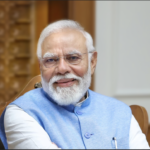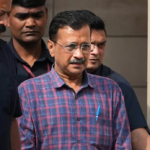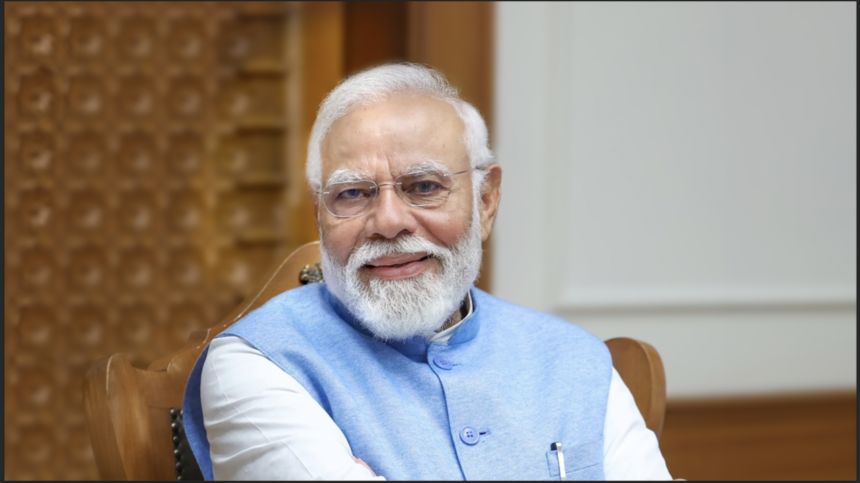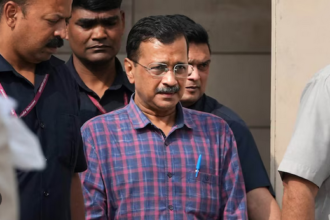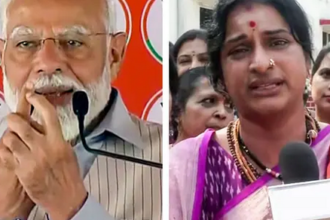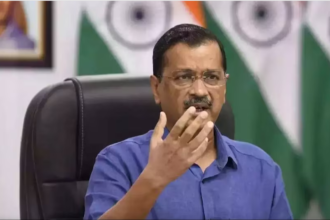In recent political discourse, the Katchatheevu island has emerged as a focal point of contention between the Bharatiya Janata Party (BJP) and the Congress, reigniting a longstanding dispute over territorial and fishing rights. This article aims to delve into the intricacies of this issue, shedding light on its historical background, geopolitical significance, and the implications of recent statements made by key political figures.
Historical Context: Indo-Sri Lankan Maritime Agreement of 1974
The roots of the Katchatheevu dispute can be traced back to the Indo-Sri Lankan Maritime Agreement of 1974. Under this agreement, the Indian government recognized Katchatheevu as Sri Lankan territory. Situated strategically between Rameswaram in India and Sri Lanka, this island has since been a subject of contention, particularly regarding fishing rights and territorial sovereignty.

Geopolitical Significance of Katchatheevu
The strategic location of Katchatheevu holds significant geopolitical implications for both India and Sri Lanka. Control over the island grants access to crucial maritime routes and resources, making it a matter of national interest for both nations. Moreover, the fishing grounds surrounding Katchatheevu are vital for the livelihoods of fishermen from Tamil Nadu, further intensifying the dispute.
Recent Developments: Verbal Sparring and Political Maneuvering
The recent verbal sparring between the BJP and the Congress has brought the Katchatheevu issue to the forefront of political discourse. Prime Minister Narendra Modi’s criticism of senior Congress leader Digvijaya Singh’s remarks during a poll rally in Rajasthan has reignited tensions surrounding the island.
PM Modi’s assertion that uninhabited areas should not be considered mere land to be disposed of reflects the BJP’s stance on territorial sovereignty and national security. Conversely, Digvijaya Singh’s dismissal of the matter as ‘nonsense’ underscores the Congress’s position, questioning the relevance of the dispute in contemporary politics.
Analyzing Key Statements and Responses
Digvijaya Singh’s retort, questioning whether anyone lives on the island, highlights the complexity of the issue. While the island may be uninhabited, its significance lies in its strategic and economic value, particularly concerning fishing rights and maritime boundaries.
Furthermore, Singh’s dismissal of PM Modi’s remarks as ‘nonsense’ underscores the political polarization surrounding the Katchatheevu dispute. This exchange reflects broader ideological differences between the BJP and the Congress regarding national security and foreign policy.
Implications for the Future
As the political rhetoric escalates, it is essential to consider the broader implications of the Katchatheevu dispute. The outcome of this issue could have far-reaching consequences for India’s relations with Sri Lanka, as well as the livelihoods of fishermen in Tamil Nadu.
In conclusion, the Katchatheevu dispute represents a complex intersection of historical, geopolitical, and socio-economic factors. By understanding the nuances of this issue and analyzing the statements made by key political figures, we can gain insight into the broader dynamics shaping India’s political landscape.



